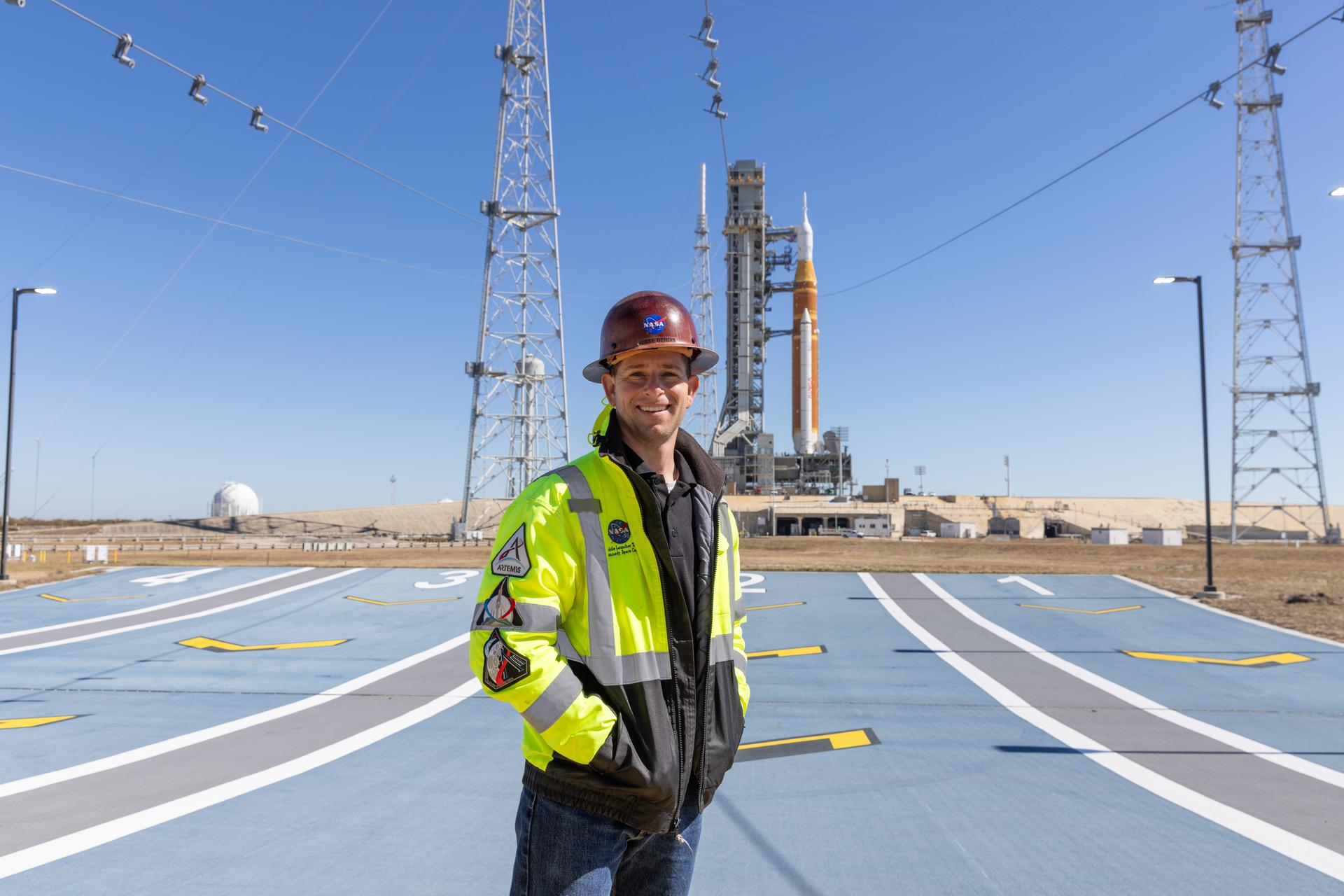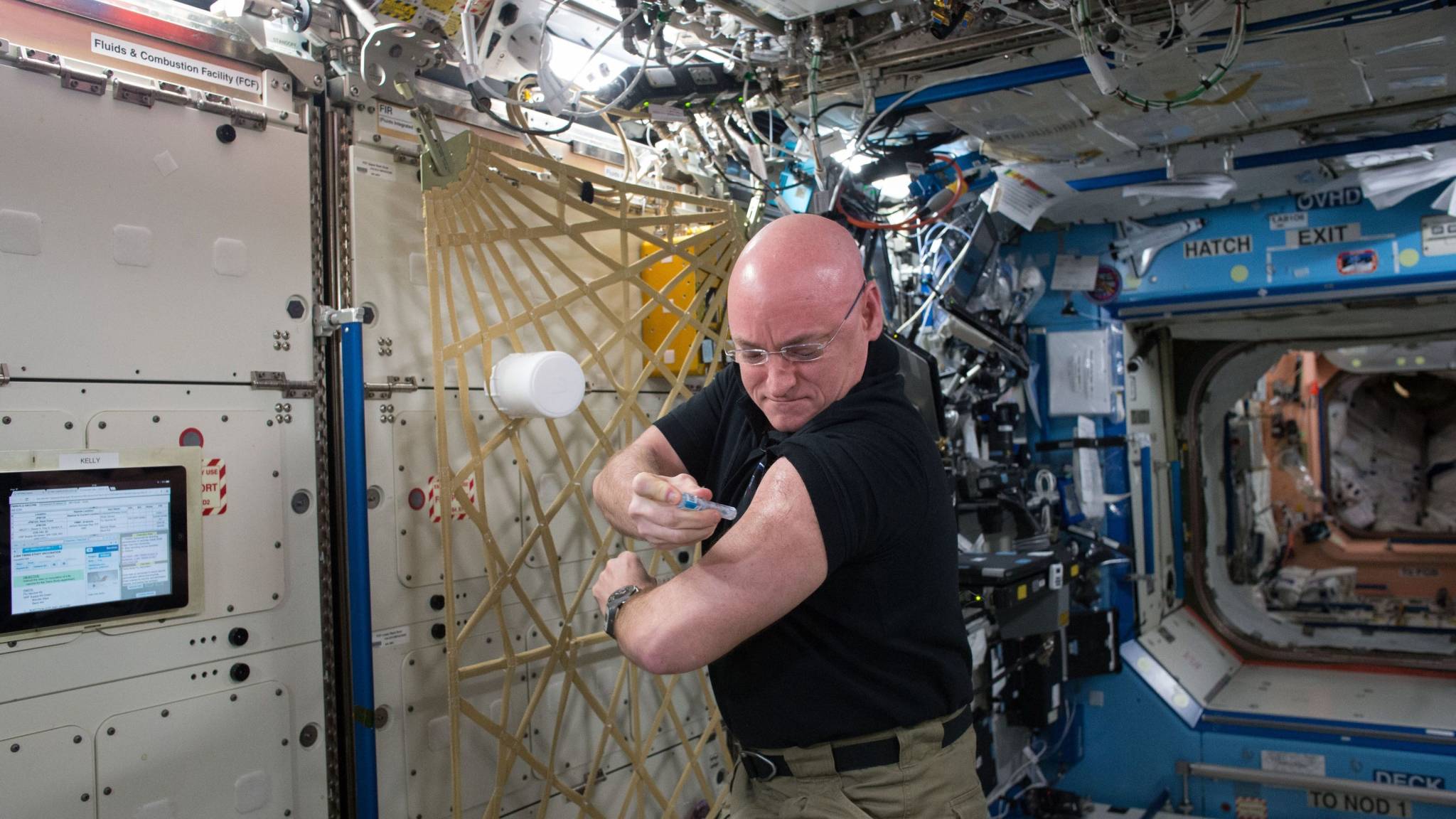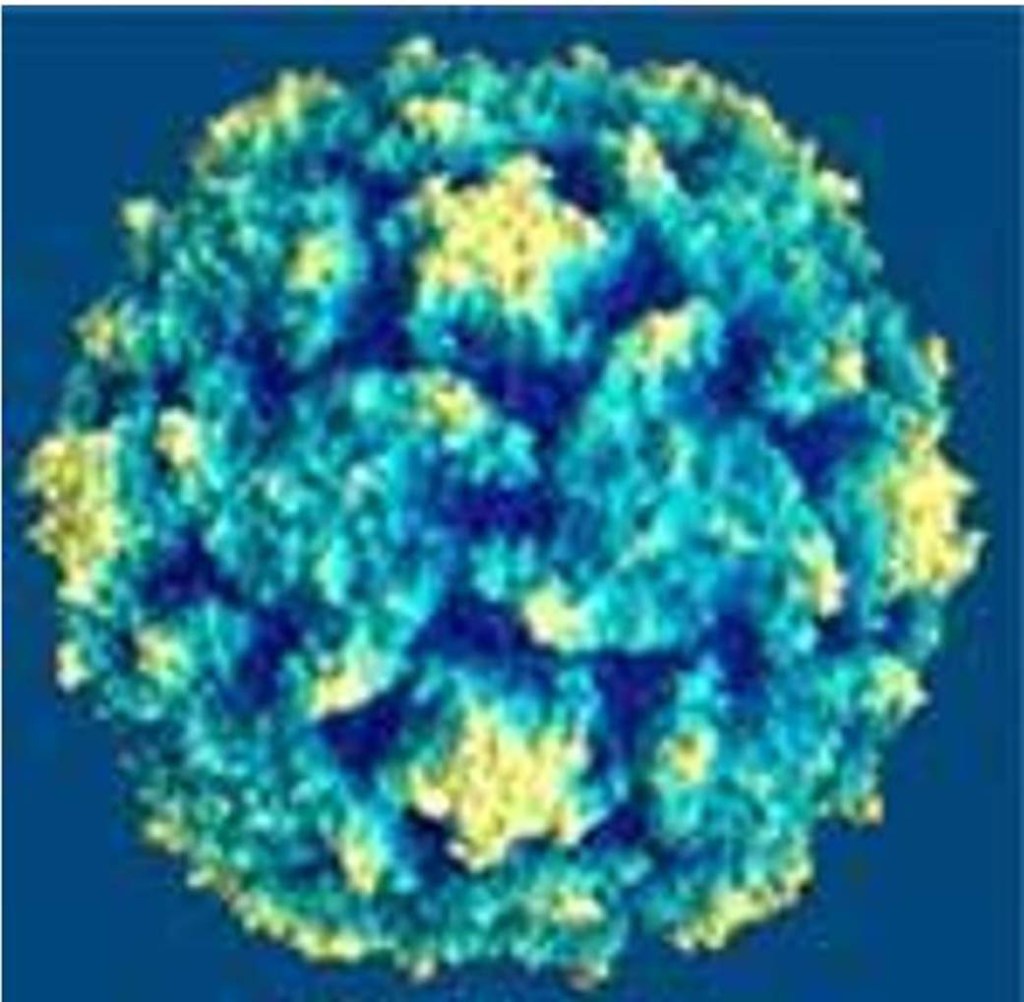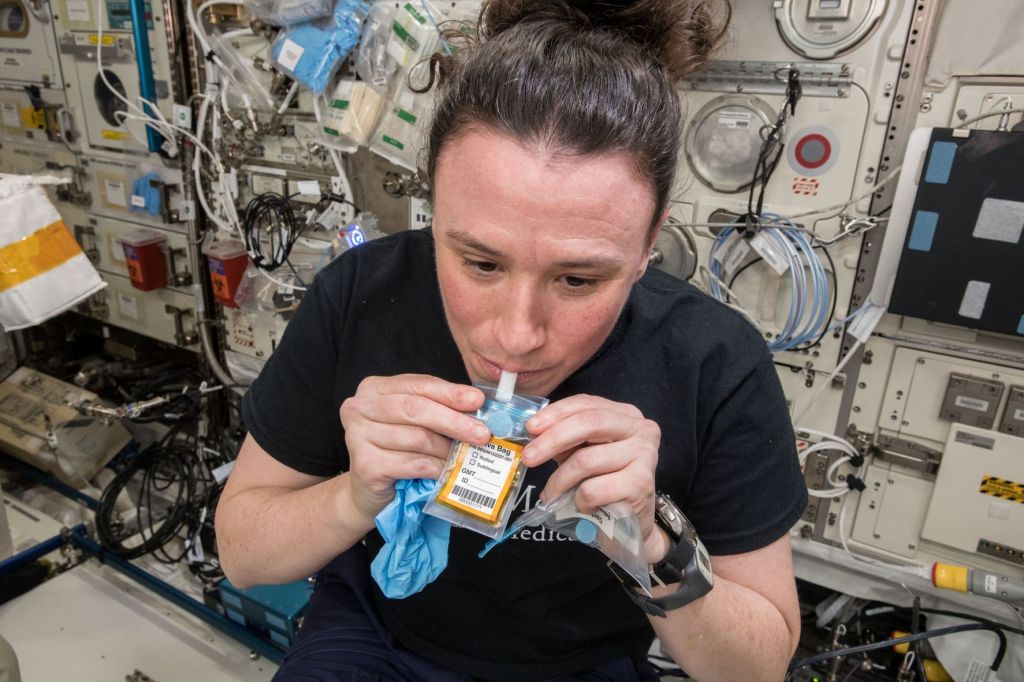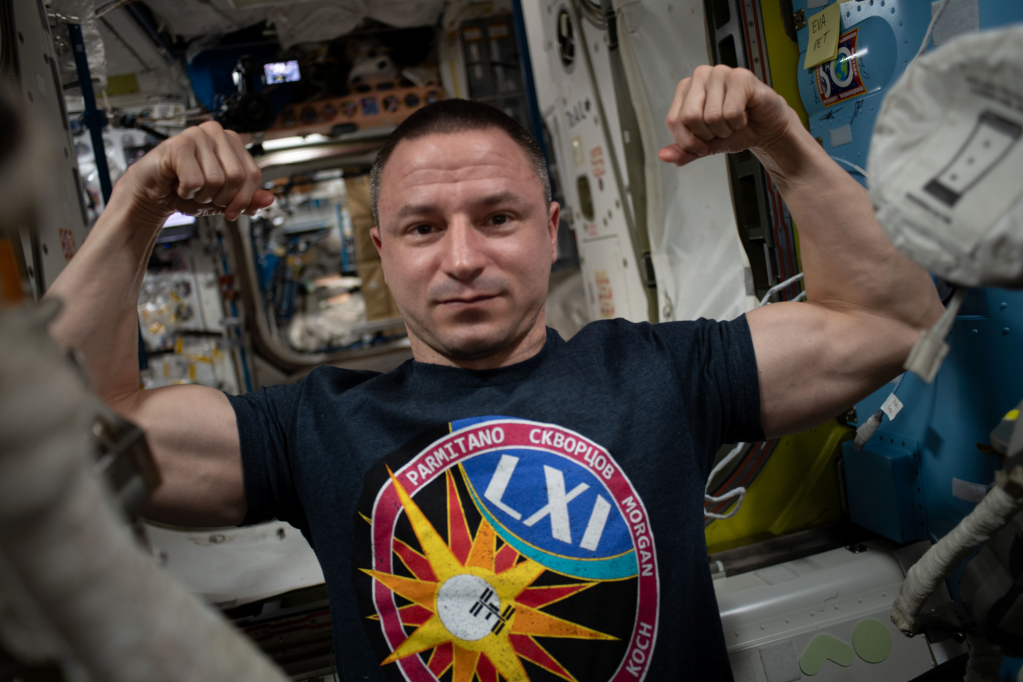Risk of Altered Immune System Responses
Radiation, microgravity, poor sleep and other spaceflight stressors can alter the immune system of astronauts. Such space stressors may also trigger allergic reactions or awaken dormant viruses in astronauts’ bodies, like those that cause cold sores and shingles. Studies on Earth previously indicated that shifts in immunity may lead to an increased incidence of infections and that elevated immunity may lead to allergies, so researchers hope to use Earth- and space-based research to better understand such irregularities as they prepare for longer-duration missions.
What can be done about it?
To better understand what may trigger reactivation of latent viruses, one area of research involves monitoring blood, saliva, and urine samples. Although astronauts have previously provided biological samples before and after their time in space, to better track changes to the immune system and other bodily systems, a recent focus is providing researchers with inflight biological samples returned to Earth to track immune system changes during spaceflight.
Did you know?
Some astronauts aboard the International Space Station have reported cold sores, rashes, atypical allergies, and infections that can be attributed to immune system alterations.
Formal risk description: Risk of in mission impacts, adverse health events, or long-term health impacts due to altered immune system response
Research in support of this risk: Latest evidence
Explore more: Human System Risk Board resources
Related Content



